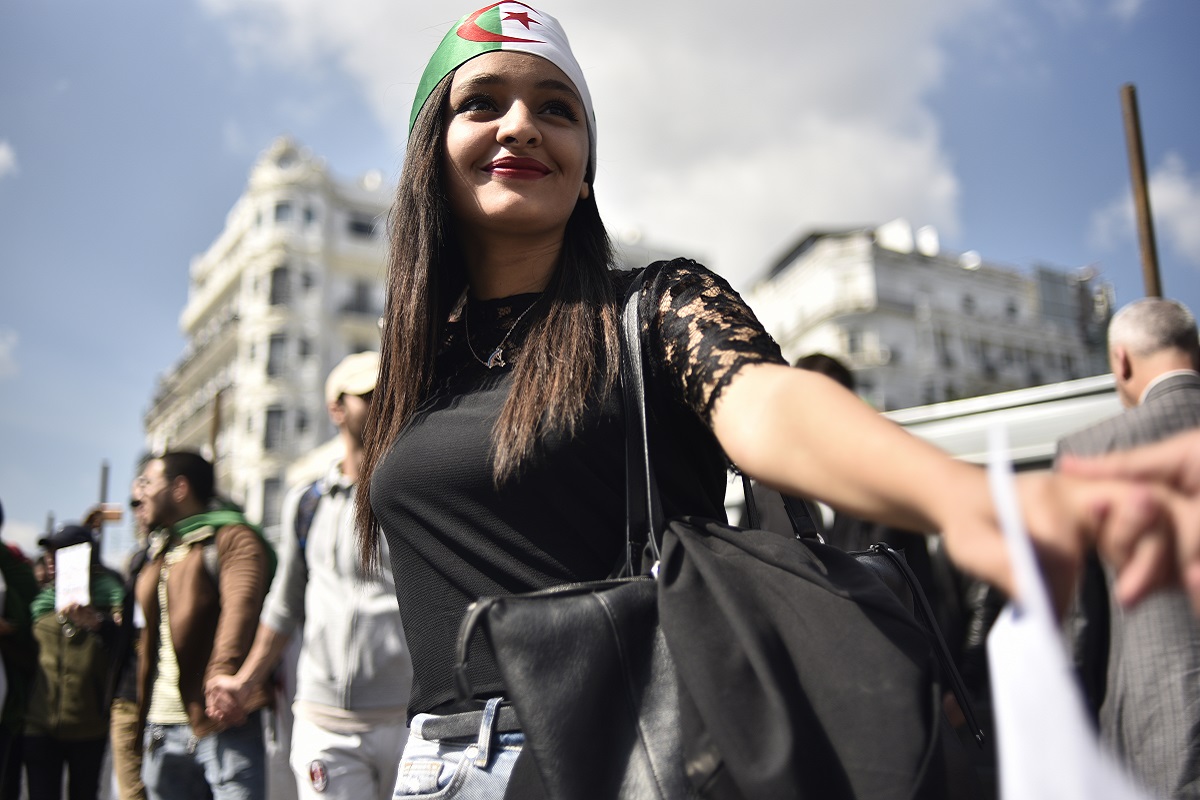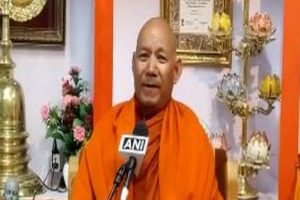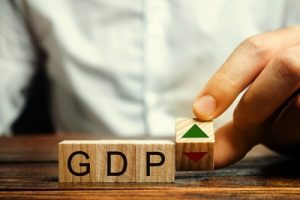Algeria is on the turn, an outcome of the victory of people’s power. However, Wednesday’s transition ought not to be confused with the almost endemic turmoil in several countries. There has been little or no violence, let alone street riots and killings. Palpable nonetheless was the groundswell of disaffection against the presidential palace in Algiers. As much is the fineprint of the country’s “veteran President”, the 82-year-old Abdelaziz Bouteflika’s decision to step down, a development that has been greeted with jubilation throughout the African nation. Boisterous protests have culminated in the peaceful ouster ~ the contradiction in terms is unavoidable ~ of an ageing and authoritarian leader who clung to power for years, helming a regime that almost consciously has presided over gross inequality. Given his dictatorial streak, the recent movement was accelerated by his candidature for a fifth term despite reports that he struggles even to speak. While the protesters have forced his exit, Bouteflika’s ejection might turn out to be a relatively easy part of the change. In the immediate perspective, whoever takes over as the next President will succeed to a depleted inheritance as Algeria is on the cusp of a crippling economic crisis. The country’s oil wealth is drying up and the government is scarcely in a position to address the popular discontent with adequate public spending. More than a quarter of its youth are unemployed and corruption is endemic. In the net, the disenchanted populace has been accorded the short shrift by the establishment which nominated a man who has hardly been seen in public since a 2013 stroke. It is the sense of national humiliation, which brought hundreds of thousands on to the streets. Hence the increasingly resonant shrill for “real change”, now that the outgoing President’s opponents are emboldened by victory. Though Algeria was not convulsed by the Arab Spring as Tunisia, Egypt, Libya and Syria were in 2011, memories of the shortlived democratic revival of the 1980s must still rankle. That brief flirtation with democracy ended when the army cancelled elections. The battle between Islamist insurgents and the government had claimed as many as 200,000 lives, and long before the Islamic State of Iraq and Syria had emerged, not to forget the other terror outfits. The success in toppling President Bouteflika can well be attributed to the unity that has spurred the demand for change. President Bouteflika’s renomination was absurd and the country is still groping in its quest for a successor. At the end of the day, it was the intervention of the army that brought matters to a head on Wednesday. The country bears witness to a painless coup. The inevitable question, “Who next”, might turn out to be no less tricky than “What next”? The confusion is overwhelming.











